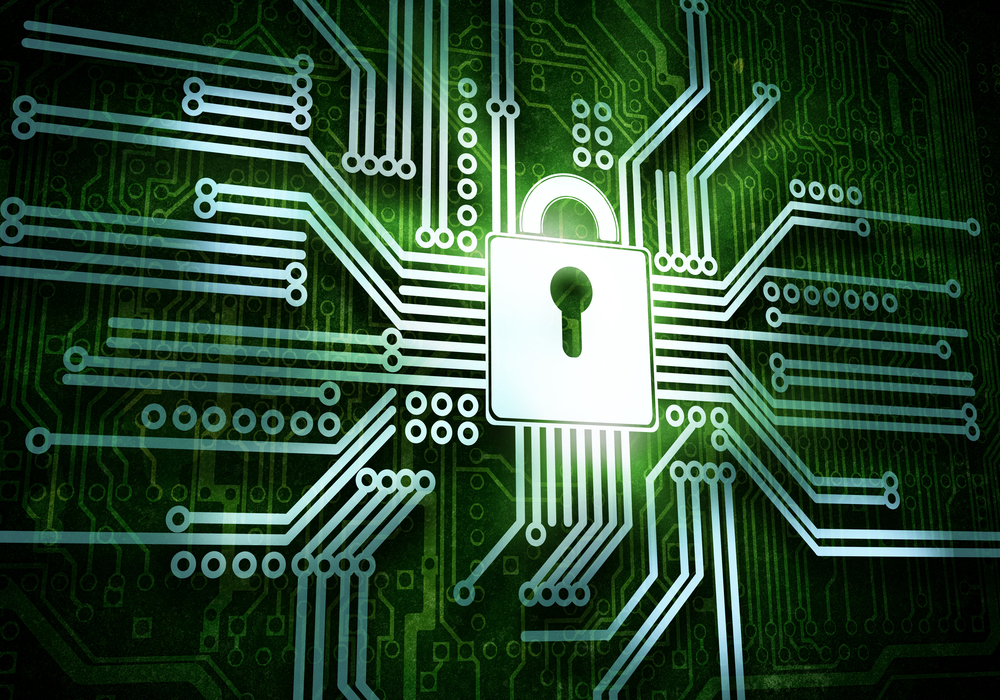3 min read
The SOC 2 Audit Process and Why it Matters
Published: February 17, 2023 Updated: July 12, 2024

In the past year, cybercriminals have escalated their attacks on companies. Cyberattacks have reached an all-time high and they have become more sophisticated and targeted. Since the start of the pandemic, the amount of cybercrime has increased by 300%.
Managed service providers (MSPs) are popular targets for attackers, who know that if they are successful, they may be able to access client data in addition to the MSP. Nine of ten MSPs report they faced attacks in 2022, nearly double the number from just a year prior. Such unprecedented activity prompted the Cybersecurity and Infrastructure Security Agency (CISA) along with the FBI, NSA, and other international cybersecurity agencies to put out a rare joint warning to MSPs.
When you work with a managed service provider (MSP), you need to ensure that they are protecting your data properly and employing best practices for security and confidentiality to thwart attacks and quickly remediate any damage. The SOC 2 reporting process provides an independent analysis of an MSP’s practices to ensure the MSP is complying with industry standards for protection and security.
Not all MSPs have undergone a SOC 2 audit. The process takes six months or more and includes an in-depth evaluation of the business and its policies. Providers like Sagiss that undergo the SOC 2 audit process demonstrate the highest level of compliance with data handling standards to help protect your business.
What is the SOC 2 audit?
The SOC 2 process requires a third-party, independent audit of a company’s practices and standards. The SOC 2 framework was designed as a voluntary compliance standard by the American Institute of CPAs (AICPA) to ensure organizations are managing their customer data securely.
For managed service providers (MSPs), a SOC 2, Type 2 report focuses on the suitability of the design and effectiveness of controls. The report details how a company performs against five areas of SOC 2 compliance and that a company has the proper controls and protocols in place to secure data.
Why is it important to work with an MSP that complies with SOC 2 principles?
Working with an MSP that complies with the standards for privacy and security gives you the confidence that they are employing best practices to keep client information, including yours, safe and secure. By meeting the Trust Services Criteria (TSC) required, auditors attest to MSPs compliance across:
- Security: Systems are protected against unauthorized access, including physical restrictions.
- Availability: Systems are available for operation.
- Confidentiality: Information is designated as confidential.
- Processing Integrity: System processing is accurate and authorized.
- Privacy: Privacy policies include any information that is collected, used, retained, disclosed, or disposed.
A SOC 2 audit will also look at change management procedures, looking for a controlled process to manage changes to systems and system operations to monitor, detect, and resolve any anomalies that are detected.
The SOC 2 report includes an audit of an MSPs policies and history regarding:
- Data governance
- Policies and procedures
- Vendor management programs
- Client transparency
- Change management
- Information security
- Physical security
- Regulatory oversight
- Corporate health
This report will include a description of the MSPs systems, including testing the design and operating effectiveness of the internal controls. The SOC 2 report is used by large organizations to assess a vendor’s security risk to provide confidence that an MSP has taken the necessary steps for security and data management. SOC 2 reports are widely accepted as a standard for U.S. information security companies.
While a SOC 2, Type 1 report measures how a company meets these parameters at a particular point in time, a SOC 2, Type 2 report covers a specific period, such as 12 months. It means if a company has a current SOC 2, Type 2 report, it is the most current review possible.
Not all MSPs can meet the stringent requirements of the SOC 2 reporting platform or are willing to invest the time, resources, and money to complete it. They may also be worried about what the report might say. If it indicates problems, it will highlight security gaps that need to be addressed.
Without SOC 2 reporting, you don’t know whether an MSP is implementing and enforcing the data governance controls and security practices to protect you. But when you work with an MSP that has undergone a SOC 2 audit, you don’t have to take their word that they have the right controls in place. You have independent proof.
Going through the SOC 2 process also indicates that an MSP is holding itself accountable to the standards and are willing to do whatever it takes to meet them.
“Threat actors can use a vulnerable MSP as an initial access vector to multiple victim networks, with globally cascading effects. The UK, Australian, Canadian, New Zealand, and U.S. cybersecurity authorities expect malicious cyber actors—including state-sponsored advanced persistent threat (APT) groups—to step up their targeting of MSPs in their efforts to exploit provider-customer network trust relationships. For example, threat actors successfully compromising an MSP could enable follow-on activity — such as ransomware and cyber espionage — against the MSP as well as across the MSP's customer base.”
- Cybersecurity and Infrastructure Security Agency
When you are working with an MSP, you are trusting them to manage your assets securely and take the appropriate steps to keep them secure and prevent cybersecurity attacks from compromising your infrastructure. The SOC 2 report allows you to trust, but verify independently, that the MSP is doing the right things.
Sagiss meets AICPA standards for SOC 2 compliance.
Sagiss has also earned the MSPAlliance Cloud VerifyTM Program (MSPCV) certification. MSPCV requires strict adherence to the 10 control objectives of the United Certification Standard (UCS) for Cloud and Managed Services Providers. The SOC 2, Type 2 audit uses the UCS as well as the Trust Services Criteria for Security and additional criteria for Availability and Confidentiality in its review.
Sagiss offers managed security services, managed cloud services, and managed IT services for North Texas businesses. When it comes to providing exceptional services and keeping your business safe, you can trust Sagiss.
Contact our expert team today to learn more.
 Sagiss, LLC
Sagiss, LLC